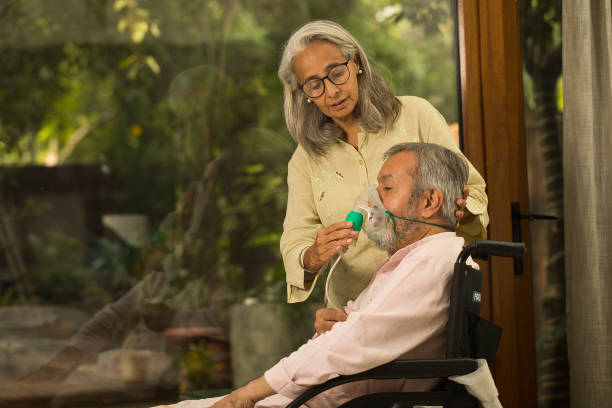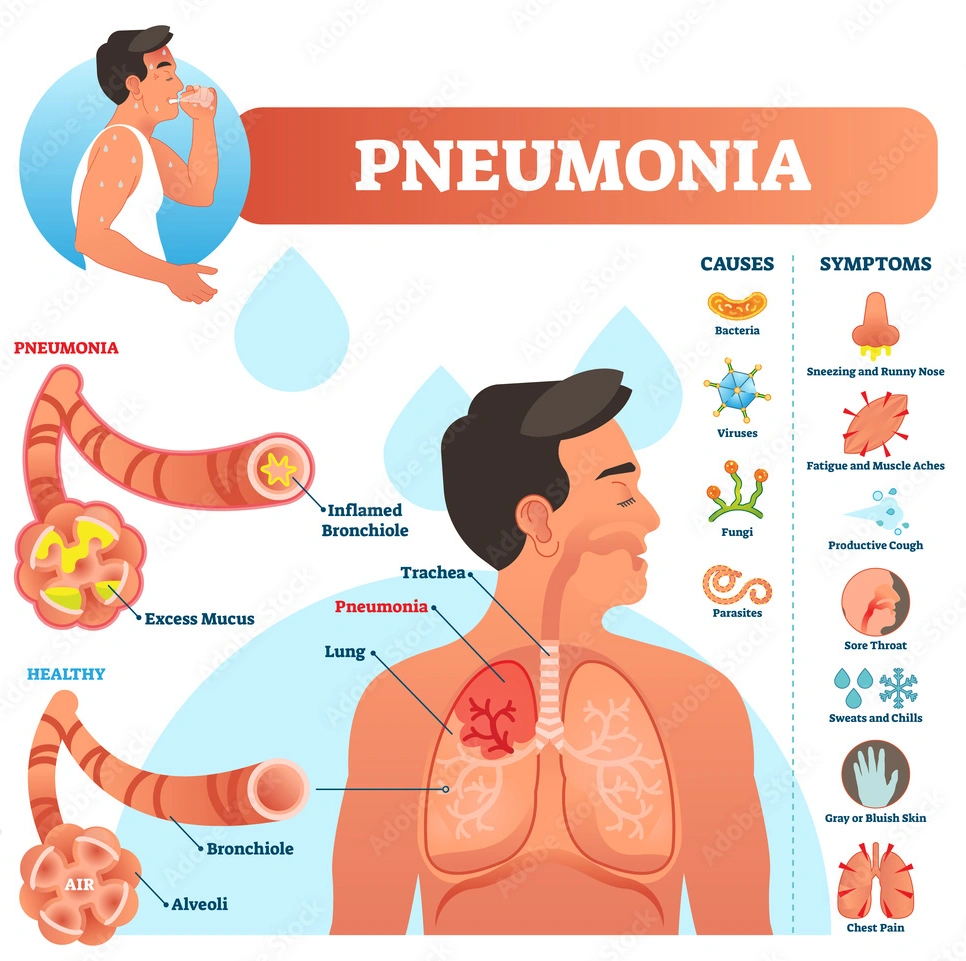What are symptoms and causes of TB in elderly
06-06-24
Tuberculosis (TB) is an infectious disease that primarily affects the lungs. Tuberculosis is caused by bacteria that spread from one person to another via tiny droplets that are released by coughs and sneezes of the affected individual.Masters
Currently, 45-55-year-olds have the highest TB rates worldwide, however, in the Western Pacific Region, the Eastern Mediterranean, and South East Asia, TB alerts are increasing in older people, peaking among those aged 65.
There are two types of tuberculosis:
Latent or inactive tuberculosis: The bacteria are present within your body but are not causing you to become ill or contagious. Your immunity is guarding your body against bacteria. You are not capable of spreading the disease.
Active tuberculosis: The bacteria are active and cause symptoms. Your immune cells were unable to counteract them. You have the potential to spread the disease.
TB can be fatal if not treated properly.
Tuberculosis Signs and Symptoms in Adults
Tuberculosis symptoms will differ depending on which part of your body is heavily impacted. TB usually affects the lungs. Symptoms of active tuberculosis in the lungs include:
Cough that lasts three weeks or more
Blood or sputum coughing
Chest ache
Fever
Fatigue
Appetite loss
Unintentional weight loss
Chills
Sweating at night
Tuberculosis can also harm other organs, such as the kidneys, spine, or brain. When tuberculosis occurs outside your lungs, the signs and symptoms differ. If TB affects your joints, you may experience arthritis-like pain. If TB affects your urinary bladder, going to the bathroom may cause pain, and it's possible that there's blood in your urine. Spinal tuberculosis can lead to back pain and leg paralysis. Headaches and nausea are common symptoms of tuberculosis of the brain.
Why are the elderly more vulnerable to tuberculosis (TB)?
Most people have a healthy immune system that can defend the bacterial infections. This is not the case in the elderly, who may have weakened immune systems.
Even when it infects the elderly, tuberculosis is not always fatal. TB is not usually the cause of death in the elderly. They are more likely to occur as a result of other conditions, such as cardiovascular events or renal failure. As a result, it's not just the elderly who are at a higher chance of getting the disease. People with cancer, HIV, diabetes, or end-stage renal disease are at risk of contracting tuberculosis due to a weakened immune system.
Then again, the illness is highly treatable and, in most cases, curable. Intervention in the early stages, as with most other diseases, is more likely to be successful than tuberculosis treatment in the later stages.
Disclaimer: Healthy Wrinkles does not recommend or offer any medical diagnosis, treatment, or advice. The information provided here is only for the awareness of disease or ailment among individuals, caregivers, and the public. The advice of doctors, licensed professionals, or therapists who are knowledgeable about your particular situation should always be sought before using the information provided here. It should also not be used in the event of a medical emergency or for the diagnosis or treatment of any medical condition. If you want urgent assistance, contact a qualified medical professional. Additionally, the information represents the author's views and not those of Healthy Wrinkles.




